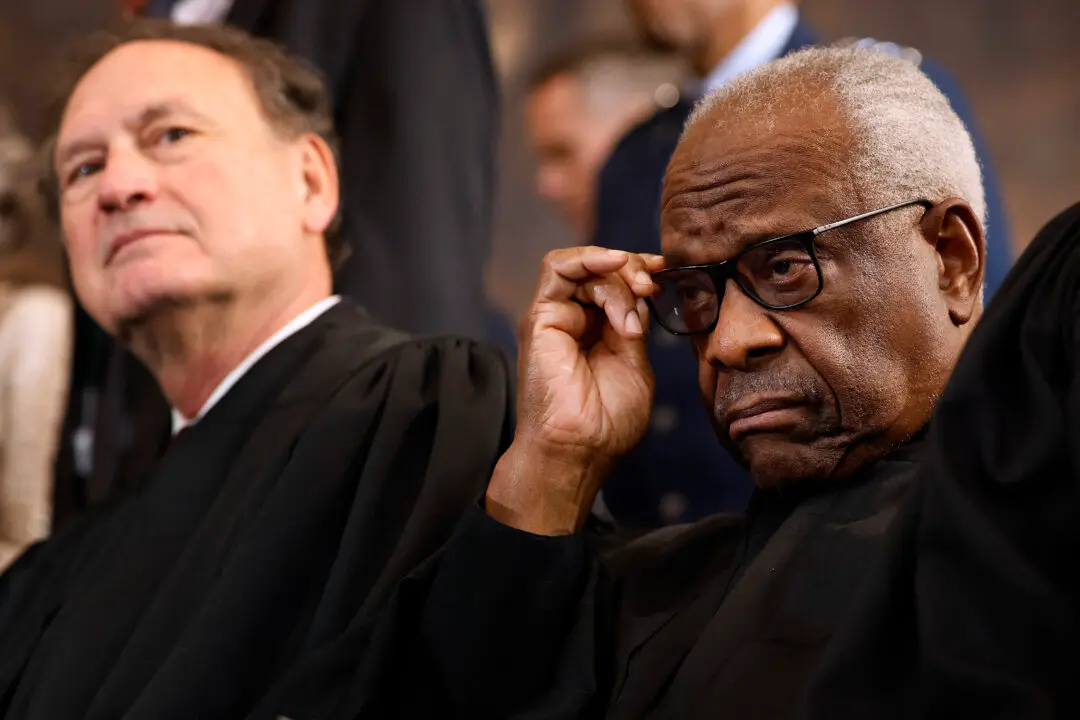Commentary
The primary slogan of the Trump movement is the simple, now-iconic appeal to “Make America Great Again.” Indeed, “MAGA” is so ubiquitous that it is now a metonym for the movement itself. But if the Trump movement has a second catchphrase after “MAGA,” it would be “America First.” Donald Trump himself routinely vows that he is an “America First” politician. Myriad Republican congressional candidates now tout themselves as “America First,” typically with an eye toward securing a coveted Trump endorsement. And many prominent conservative commentators, often with close ties to Trump’s orbit, frequently beat the drums of “America First.”





